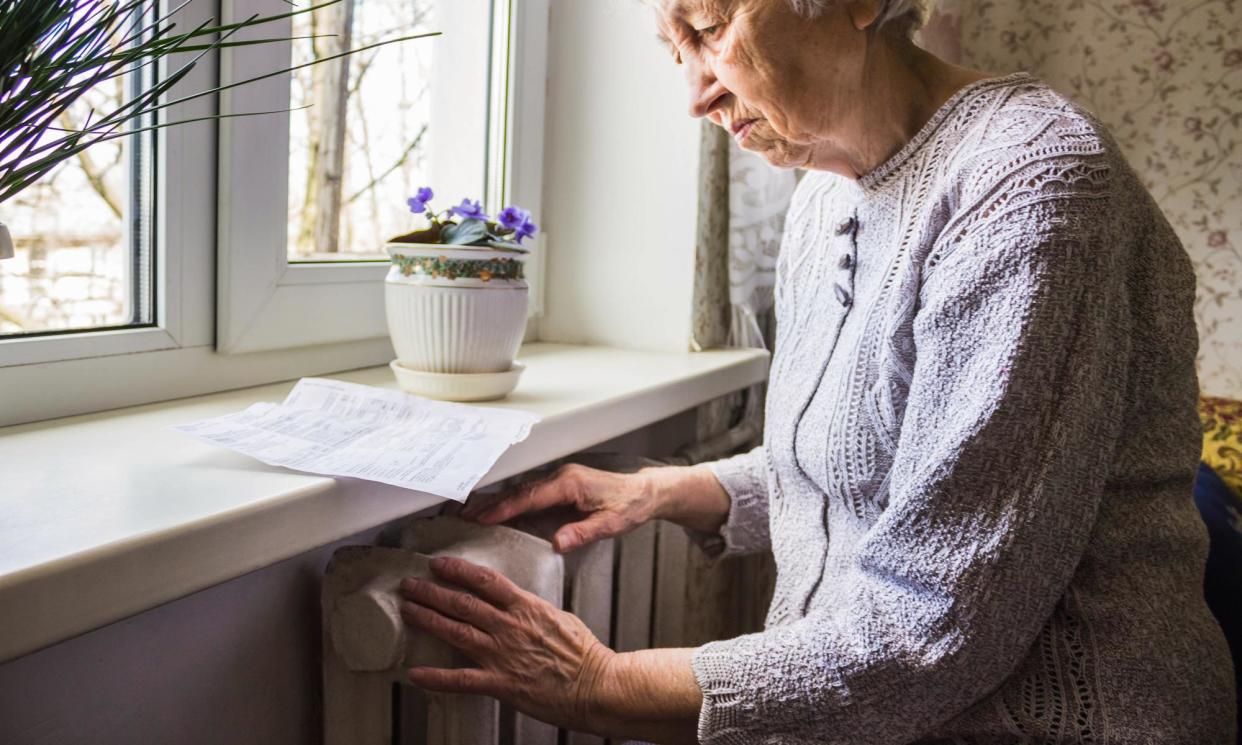Why is Labour’s proposed winter fuel payments cut controversial?

The decision to axe winter fuel payments in England and Wales for all but the poorest pensioners has become the Labour government’s first political crisis. So what is it about?
What is the benefit, and how is it changing?
Introduced in 1997 by the then-chancellor, Gordon Brown, the winter fuel payment was intended to help older people with their heating costs during the colder months. Paid annually in autumn, it is £200 or £300, depending on age, and had always been universal – paid to everyone, irrespective of income or wealth.
But in a speech to the Commons in July, Rachel Reeves, the chancellor, announced that from now on the payment would be given only to older people who received pension credit, meaning only the very poorest pensioners. This is expected to reduce the number who get the money from more than 11 million to about 1.5 million.
Why has the decision been made?
One reason: to save money. Reeves’s speech in July set out a series of cuts in an effort to plug what she said was a £22bn hole in the government’s finances left by the Conservatives, a deficit she insisted had not been anticipated. Limiting the winter fuel payment will save about £1.5bn a year.
In wider political terms, this is part of the Labour government’s narrative – that it is being forced to make tough and sometimes unpopular decisions to clear up an economic mess left by its predecessor, a vital stabilising precursor to economic growth in the longer term.
What was the reaction?
While there was surprise – this had not been billed in advance or in the Labour manifesto – the fact the announcement was made shortly before the Commons recess limited the scale of the initial response. But numerous Labour MPs have returned to Westminster saying their constituents are furious and, in some cases, deeply worried.
The move has also been very heavily criticised by charities representing older people, and by a series of trade unions, and is opposed by the Conservatives, Liberal Democrats and Scottish National party.
What is the political crunch point that is coming?
A Commons vote, due on Tuesday afternoon. The government is making the change via a statutory instrument, a type of secondary legislation, which in this case would not normally require a vote. But the Conservatives have used parliamentary procedures to force one.
Will there be a big rebellion?
In terms of Labour MPs voting against the government, probably not. Seven Labour backbenchers who voted for an SNP motion in July to scrap the two-child benefit cap were stripped of the party whip for six months in a show of strength, which is likely to put off some rebels on Tuesday – even though No 10 will not say whether the same approach will be taken.
What seems more likely is that a number of Labour backbenchers will either abstain or miss the vote. Some estimates have suggested up to 50 Labour MPs are considering this, but rebels say it is hard to be sure. What is certain at least is that many would be very happy to not have to support the plan.
Will the government change course?
In terms of a direct U-turn, no, and such is the size of the government majority that there is no chance of the measure being voted down. What some Labour MPs hope is that Reeves will use next month’s budget to introduce some sort of mitigation, perhaps help for those who do not qualify for pension credit but are most in need.
Opponents of the plan say people can be ineligible for pension credit and still be clearly poor. As a single pensioner, pension credit tops up your income to just £11,300 a year, and to £17,300 for a couple.
What does this mean more widely for the government?
In one sense, possibly not much, given that Keir Starmer has a huge majority and nearly five years before he has to face the electorate again. What could be damaging would be if the fuel payment policy, and how it has been implemented, leaves some Labour MPs viewing the prime minister, and particularly Reeves, as politically inept.
One of the biggest complaints about the situation is the way the scrapping of the payment came so suddenly, and without any engagement or consultation. This, MPs say, has gone down especially badly with some voters – a few of them saying they will never vote Labour again.
• This article was amended on 9 September 2024 to clarify that the removal of winter fuel payments applies to England and Wales only.


